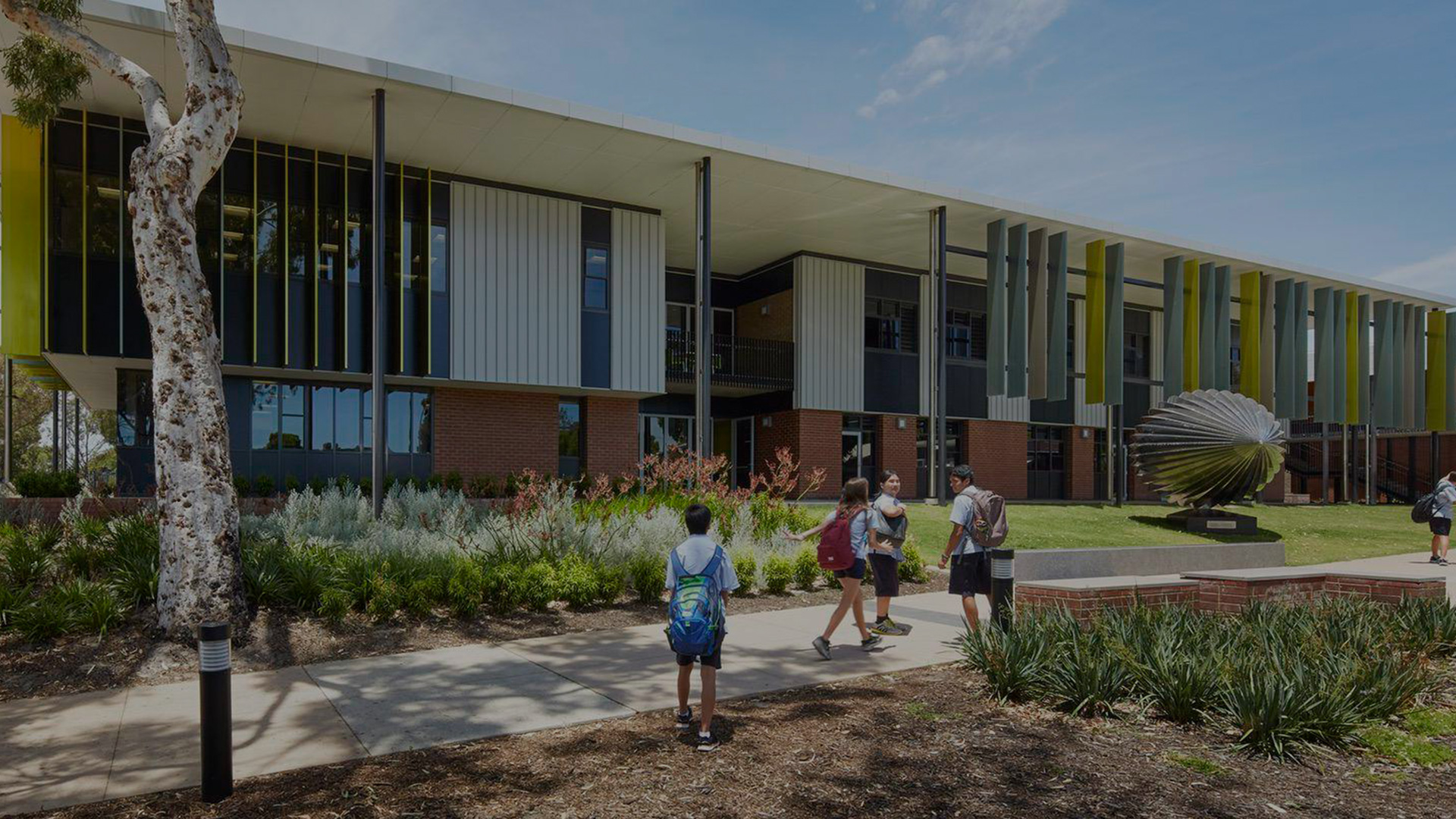The Principal will support and encourage full time attendance in education for every student in the compulsory years of schooling. With the exceptions of suspension or exclusion the school will not enforce a restriction on a student’s attendance. Students are expected to attend a minimum of 90% of the school days and actively dissuades parents from taking their child out of school during the term for holiday purposes.

Senior School Good Standing And Senior Status
Policies
Senior School students at Willetton Senior High School achieve senior status by consistently demonstrating responsible behaviour.
Good Standing
Year 11 students can gain good standing during the first half of the year and achieve their senior status trial which commences during Term 4. By showing responsibility and the requisite maturity, most Year 12 students commence their courses with good standing and therefore Senior Status. They are then required to maintain their good standing to maintain Senior Status.
Good standing is maintained by student demonstration of;
- responsible behaviour
- commitment to learning
- satisfactory attendance and punctuality
- dress standards as per school policy
A major goal of the Senior Status program is to develop independent and responsible young learners. Desirable behaviours which assist students to achieve this goal are described below.
| Outcomes sought | Desirable student behaviour and attitudes |
|---|---|
| Commitment to learning | • Active participation in learning activities • Regular attendance at classes • Punctuality with attendance and submission of work • Development subject specific and general skills • Acquisition of knowledge in a variety of ways |
| Autonomous and reflective learning | • Selecting courses and a timetable load relevant to needs and personal goals • Being able to learn outside the classroom environment • Developing as independent learners and increasingly using a wide range of resources to learn |
| Acceptance of responsibility | • Understanding the objectives and assessment schedule for each course or certificate and adhering to the Willetton Senior High School Assessment Policy • Understanding the implications of failing to meet course or certificate requirements • Acknowledging the right of others to learn or teach • Treating all members of the school community with dignity and respect |
Students at Risk of Losing Good Standing
When a student fails to demonstrate the requirements to maintain good standing, the following process applies:
- The course teacher raises the concern with the student, parent and Head of Learning Area
- The teacher ensures appropriate documentation is kept
- If the situation remains unresolved, the teacher will inform the Year Coordinator or Program Coordinator
Consequences of Loss of Good Standing:
- Loss of senior status badge and privileges
- Loss of right to attend year activities such as school socials, school ball.
Course Completion
School Curriculum and Standards Authority (SCSA) policy on course completion requires students to complete all the tasks in an assessment program. A student who fails to meet this requirement and does not provide acceptable reasons, is at risk of being awarded a D or E grade in a course. For a VET qualification to be complete and to count toward the Western Australian Certificate of Education (WACE) all units within the certificate must be deemed competent.
In exceptional cases of sickness or misadventure where the course may eventually be completed, the student may be awarded a U (for unfinished) instead of a grade. This will mean that there will be no record of this course on the SCSA Statement of Results. It may also mean that WACE is not achieved.
For students at risk of not achieving a satisfactory grade or course completion, a teacher will notify a parent in writing and discuss a plan with the student to address the issue. Copies of this letter are distributed to the relevant staff listed on the letter.
If the matter is not resolved satisfactorily the teacher informs the Senior School Program Coordinator who will further notify parents.
Attendance – Senior School
All teachers keep accurate attendance records for all classes.
If senior school students are late to school, they must report to Student Services with a note or a phone call from a parent/guardian to receive a late note before going to class. Penalties will apply to students who arrive late without parent notification.
Teachers will contact parents of students whose attendance is affecting their course progress.
Tutors will follow up unexplained absences and update school records through Student Services.
Teachers will refer students with ongoing absences to the relevant Year Coordinator.
Absence
Absence is defined as any non-attendance at a class when normal timetable is in operation.
A student is deemed absent even when they are;
- legitimately ill
- absent for extenuating family circumstances such as bereavement
- on excursion or camp or representing the school at a function
When students miss classes, no matter what the reason, there is still work to be done. If significant amounts of learning are missed, student achievement will be affected. Students may miss some classes due to legitimate school activities or timetabled Workplace Learning and will require special consideration. Teachers will only refer Workplace Learning students to Student Services who are not keeping up with their course requirements.
Extended Absence
Extended student absence from school due to family holidays should be avoided as it interferes with the learning and assessment programs.
Absences of this nature need to be discussed with the Senior School Program Coordinator in advance of plans being finalised. Students concerned will need to complete an educational plan with their teachers to cater for missed lesson time.
Absences from school must be substantiated by written evidence.
Behaviour and disability
Some forms of disability may involve manifestations over which the student has little control, but which may look like poor discipline. Willetton Senior High School will take due consideration in their response and imposed sanctions when a breach of school discipline occurs by a student with a disability. The Principal may seek advice prior to making a decision and will not apply a standard that is intended to apply to all students if this will cause a greater disadvantage to the student with a disability.
Behaviour and attendance


